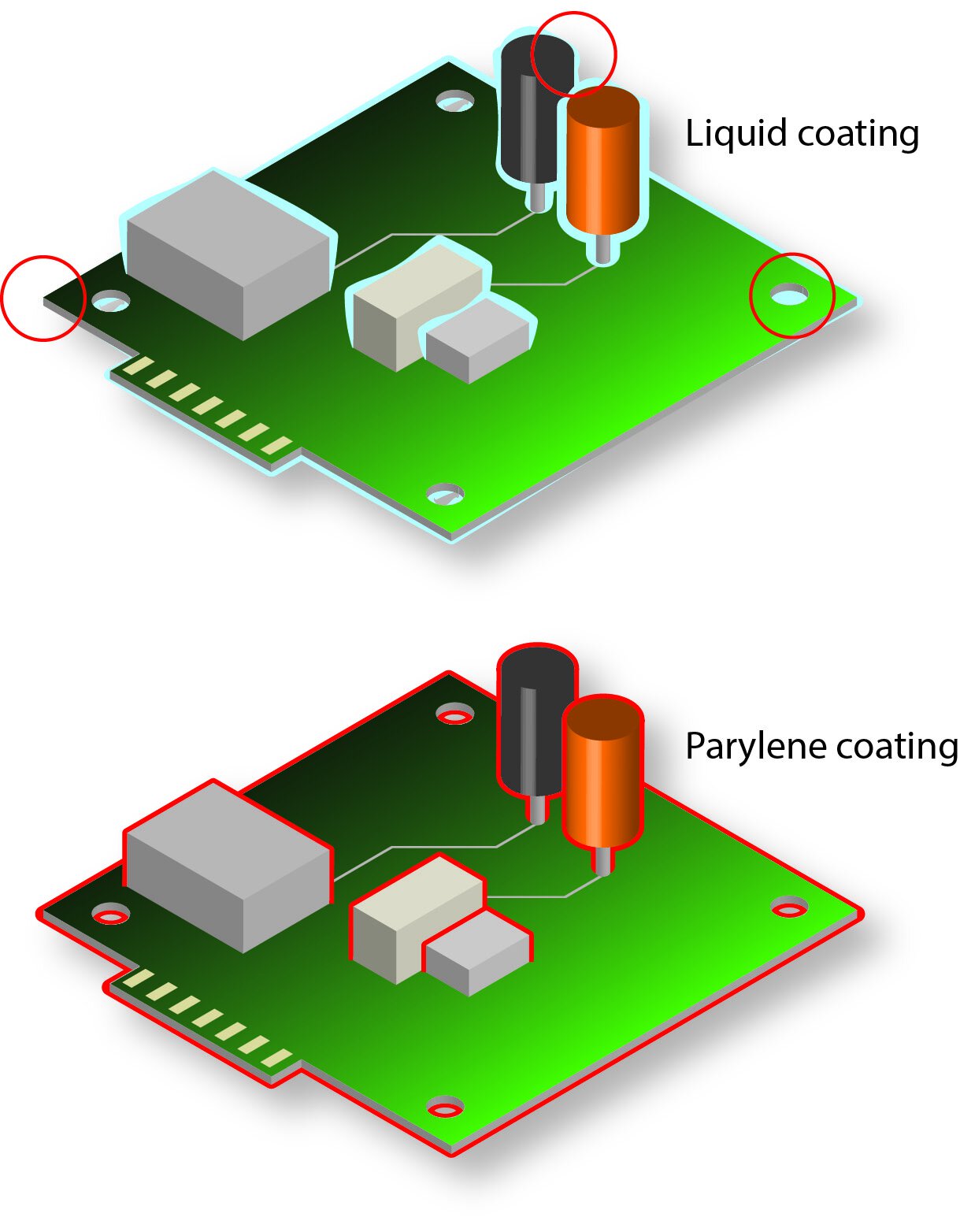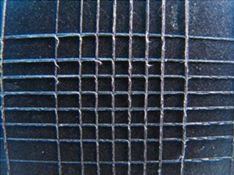Parylene C vs Parylene F
Posted by Sean Horn on Fri, Jun 3, 2016
Parylene C is the most widely used parylene type for conformal coatings. It is classified as a poly-monochoro para-xylene, produced from dimer material, with one chlorine group per repeat unit on its main-chain phenyl ring. As a conformal coating, Type C can be deposited at room temperature via CVD. The resulting film exhibits low chemical, moisture, […]



0 Comment Click here to read/write comments